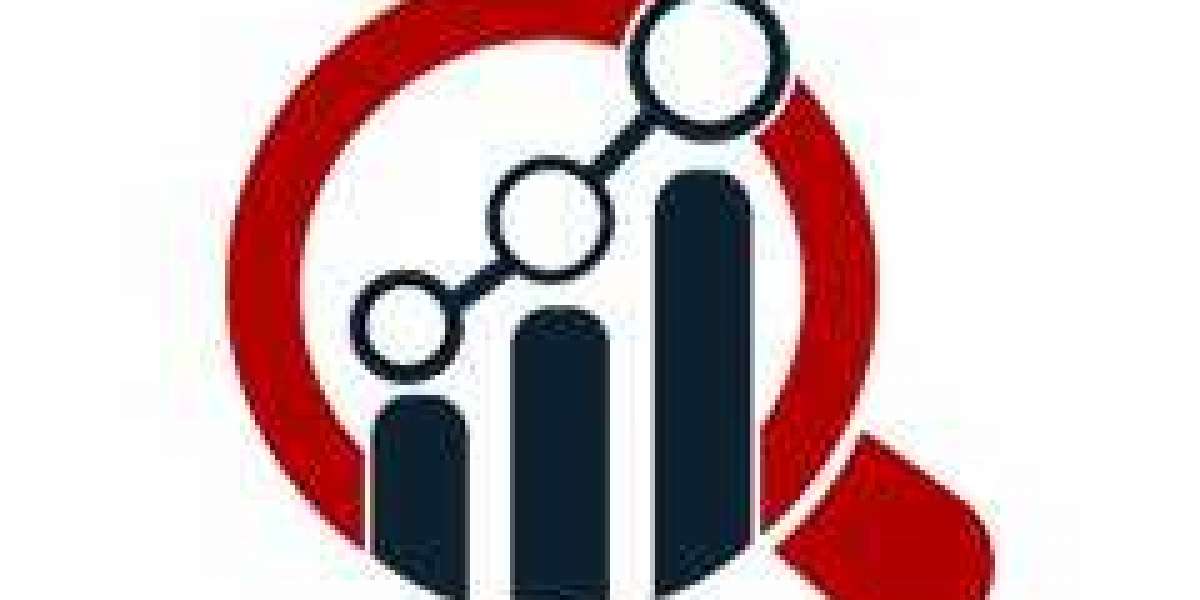Big Data Transforming Healthcare Landscape Globally
Exponential Data Growth: The healthcare sector is experiencing an unprecedented surge in data, fueled by the widespread adoption of electronic health records (EHRs), sophisticated medical imaging, the proliferation of wearable devices, and advancements in genomic sequencing. This massive influx of information, often referred to as "big data," presents both immense opportunities and complex challenges for the future of healthcare.
Revolutionizing Diagnostics and Treatment: The ability to aggregate and analyze vast datasets is empowering healthcare professionals with unprecedented insights into disease patterns, treatment effectiveness, and patient outcomes. Artificial intelligence (AI) and machine learning algorithms applied to big data are enhancing the accuracy and speed of diagnoses from medical images like mammograms and X-rays, reducing reliance on human interpretation alone. Furthermore, analyzing patient histories, genetic information, and real-time data from wearables is paving the way for personalized treatment plans tailored to individual needs, promising more effective and targeted therapies.
Predicting and Preventing Disease: Big data analytics is proving invaluable in identifying individuals at high risk of developing specific conditions, enabling proactive interventions and preventative care strategies. By analyzing diverse datasets, including medical records, lifestyle factors, and even social media trends, researchers can develop predictive models for diseases ranging from diabetes to potential outbreaks of infectious diseases. This capability allows for timely public health responses and personalized prevention programs.
Improving Efficiency and Reducing Costs: Healthcare systems worldwide are under pressure to improve efficiency and reduce escalating costs. Big data offers solutions by identifying areas of waste, optimizing resource allocation, and streamlining operational processes. Analyzing patient flow data, staffing schedules, and supply chain management can lead to significant cost savings and improved patient satisfaction through reduced waiting times and better resource utilization. Detecting fraudulent claims through data analysis also contributes to cost containment.
Driving Pharmaceutical Research and Development: The development of new drugs is a lengthy and expensive process. Big data analytics is accelerating this process by allowing researchers to analyze vast amounts of clinical trial data, predict potential drug effects, and identify ideal candidates for trials. This data-driven approach can significantly reduce the time and cost associated with bringing new therapies to market.
Challenges in Data Management and Security: Despite the transformative potential, the widespread adoption of big data in healthcare faces significant hurdles. Ensuring data privacy and security is paramount, given the sensitive nature of patient information. Interoperability issues between disparate healthcare systems, data standardization challenges, and the need for robust data governance frameworks are also critical concerns that need to be addressed to unlock the full potential of big data in improving global health outcomes.
The Rise of Real-Time Analytics and the Internet of Medical Things (IoMT): The increasing integration of connected devices and sensors is generating a continuous stream of real-time health data. Analyzing this data in real-time allows for continuous patient monitoring, early detection of health anomalies, and timely interventions, particularly for individuals with chronic conditions or those recovering at home. The IoMT holds immense promise for transforming remote patient care and improving overall health management.
Global Collaboration and the Future of Healthcare: Realizing the full potential of big data in healthcare requires global collaboration among researchers, healthcare providers, technology developers, and policymakers. Establishing ethical guidelines, promoting data sharing while safeguarding privacy, and investing in the necessary infrastructure and expertise are crucial steps towards a future where data-driven insights lead to more effective, efficient, and equitable healthcare for all.








